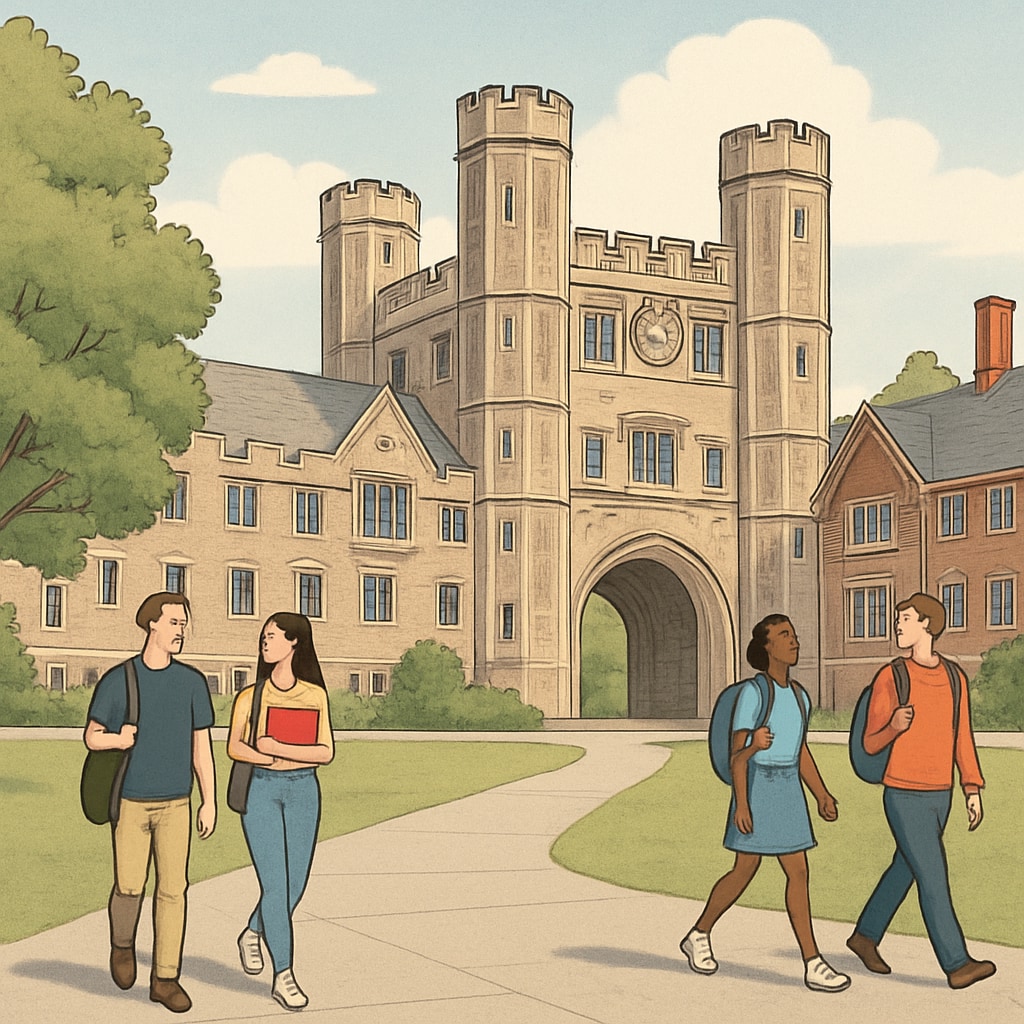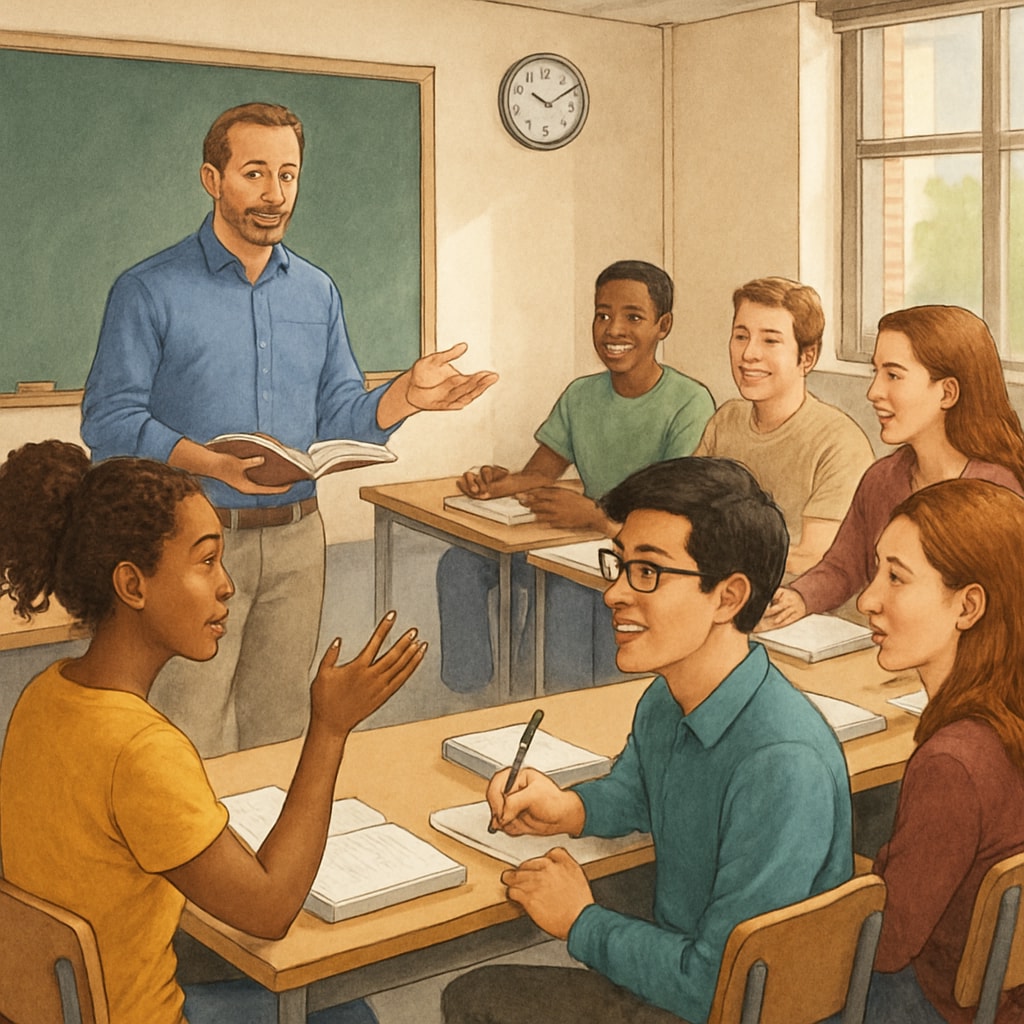When it comes to higher education, institutions like Princeton University and other Ivy League schools are often seen as the pinnacle of academic excellence. However, is this reputation fully earned, or are these schools overestimated in terms of the actual value they provide to students? The prestige of Ivy League schools has long shaped societal perceptions, but it’s time to critically examine whether their reputation aligns with their tangible contributions to education.

Deconstructing the Ivy League Reputation
The Ivy League is often associated with unparalleled academic rigor, networking opportunities, and career prospects. These schools, including Princeton, have built a legacy of producing influential leaders, Nobel Laureates, and groundbreaking research. But does this justify the immense weight society places on their names?
One of the key arguments is that much of the Ivy League’s reputation stems from history rather than current realities. These schools were established centuries ago, when access to education was highly restricted, making them symbols of exclusivity and privilege. Today, while the Ivy League still offers exceptional resources, so do many non-Ivy institutions that lack the same level of brand recognition.
For example, schools like Stanford University or the Massachusetts Institute of Technology (MIT) often outperform Ivy League institutions in STEM (Science, Technology, Engineering, and Mathematics) fields. This raises questions about whether the Ivy League’s reputation is based more on tradition than consistent superiority across disciplines.
Is Princeton Overestimated?
Princeton University exemplifies the Ivy League mystique, known for its small class sizes, historic campus, and generous financial aid programs. However, is Princeton truly the best choice for every student? Evidence suggests that the answer depends on individual priorities.
Critics argue that the “Princeton experience” may not justify its cost or exclusivity for all students. For instance, many public universities and liberal arts colleges provide equally strong academic programs and more personalized attention for a fraction of the price. Furthermore, Princeton’s focus on research and theoretical knowledge may not align with the practical skills needed in today’s job market.

Additionally, the intense competition to gain admission often leads families to prioritize Ivy League schools over better-fit institutions. This “Ivy or bust” mindset can overshadow the importance of finding a school that aligns with a student’s learning style, career goals, and personal growth.
Rethinking K-12 Education and College Choices
The obsession with Ivy League schools also has implications for K-12 education. Many families invest significant resources in preparing their children for elite college admissions, often at the expense of fostering creativity, resilience, and independent thinking. The pressure to excel in standardized tests, extracurriculars, and advanced courses can lead to burnout before students even reach college.
Instead of focusing solely on Ivy League acceptance, educators and parents should encourage a broader perspective on higher education. Schools should emphasize the importance of matching students with institutions that fit their unique needs, rather than perpetuating a one-size-fits-all approach to success.
The Real Value of Education
Ultimately, the value of an education is not solely determined by the name of the institution on a diploma. Factors such as mentorship, hands-on learning opportunities, and the ability to apply knowledge in real-world settings often have a greater impact on long-term success. While Princeton and other Ivy League schools undoubtedly offer exceptional resources, they are not the only paths to a fulfilling and prosperous future.
In a world where innovation often comes from unexpected places, society must challenge its traditional notions of prestige. By redefining what makes an education valuable, we can empower students to choose schools that truly support their growth and aspirations, regardless of whether those schools carry the Ivy League label.
Readability guidance: This article maintains a professional tone while using accessible language. Short paragraphs and subheadings provide clear structure, and overused academic jargon is avoided. Images and external links are integrated to enhance engagement and credibility.


